Cogent Membership
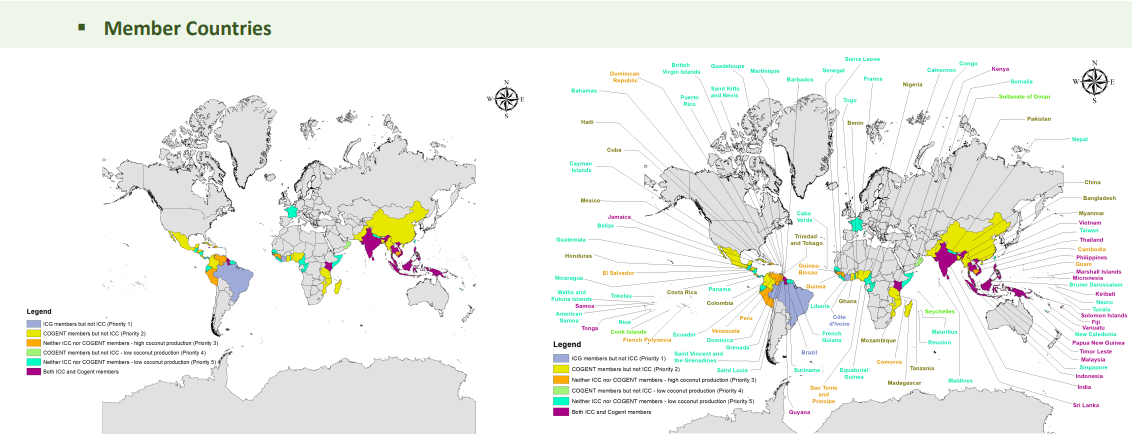
Any coconut-producing country can become a member. COGENT currently has 39 member countries that are divided into five sub-networks: Southeast and East Asia (China, Indonesia, Malaysia, Myanmar, Philippines, Thailand and Vietnam); South Asia and Middle East (Bangladesh, India, Pakistan, Sultanate of Oman and Sri Lanka); South Pacific (Cook Islands, Fiji, Kiribati, Papua New Guinea, Samoa, Solomon Islands, Tonga and Vanuatu); Africa and the Indian Ocean (Benin, Côte d’Ivoire, Ghana, Kenya, Madagascar, Mozambique, Nigeria, Seychelles and Tanzania); and Latin America and the Caribbean (Brazil, Colombia, Costa Rica, Cuba, Guyana, Haiti, Honduras, Jamaica, Mexico and Trinidad-Tobago).
Be our Member
At present there is NO MEMBERSHIP FEE. To apply for membership an authorized government official has to write to :
Director General or Deputy Director General / Cogent Coordinator
International Coconut Community
email : icc@coconutcommunity.org
RESPONSIBILITIES
In order to formally become a COGENT member, individual countries should:
- Nominate a country representative from an organization that is engaged in coconut research and allow him/her to attend COGENT meetings as needed; and to coordinate COGENT-supported projects in the country;
- Commit to support the cost of the representatives’ coconut research activities in the national programme;
- Commit to exchange and/or provide information on coconut genetic resources held in the country, particularly information on diseases of unknown etiology or pest recurrences;
- Commit to provide access to its germplasm and participate in the mutual exchange of coconut germplasm either for conservation or multilocation variety trials subject to mutual agreement with other member countries and with COGENT and BIOVERSITY;
- Commit to participate actively in studying the diversity of coconut germplasm in the country, and conserve, protect and maintain the diversity at the country’s own expense, with possibilities for partial external support as components of COGENT-endorsed projects and activities. Benefits
- Access to germplasm information from other members. COGENT’s international coconut germplasm database (CGRD) contains the passport and characterization data of coconut collections of member countries. By accessing the database, breeders will be able to identify germplasm from a wide genetic base which could be used in breeding work;
- Access to coconut germplasm, subject to mutual agreement and the ability to move material safely;
- Access to new technologies;
- Opportunities for coconut researchers to attend training courses, conferences and workshops organized by COGENT;
- Opportunities to join collaborative research activities; 11.Increased security of germplasm collections through collaborative conservation efforts.
Membership Guide download here
Table 1 Composition (membership) of COGENT by regional networks in 2024
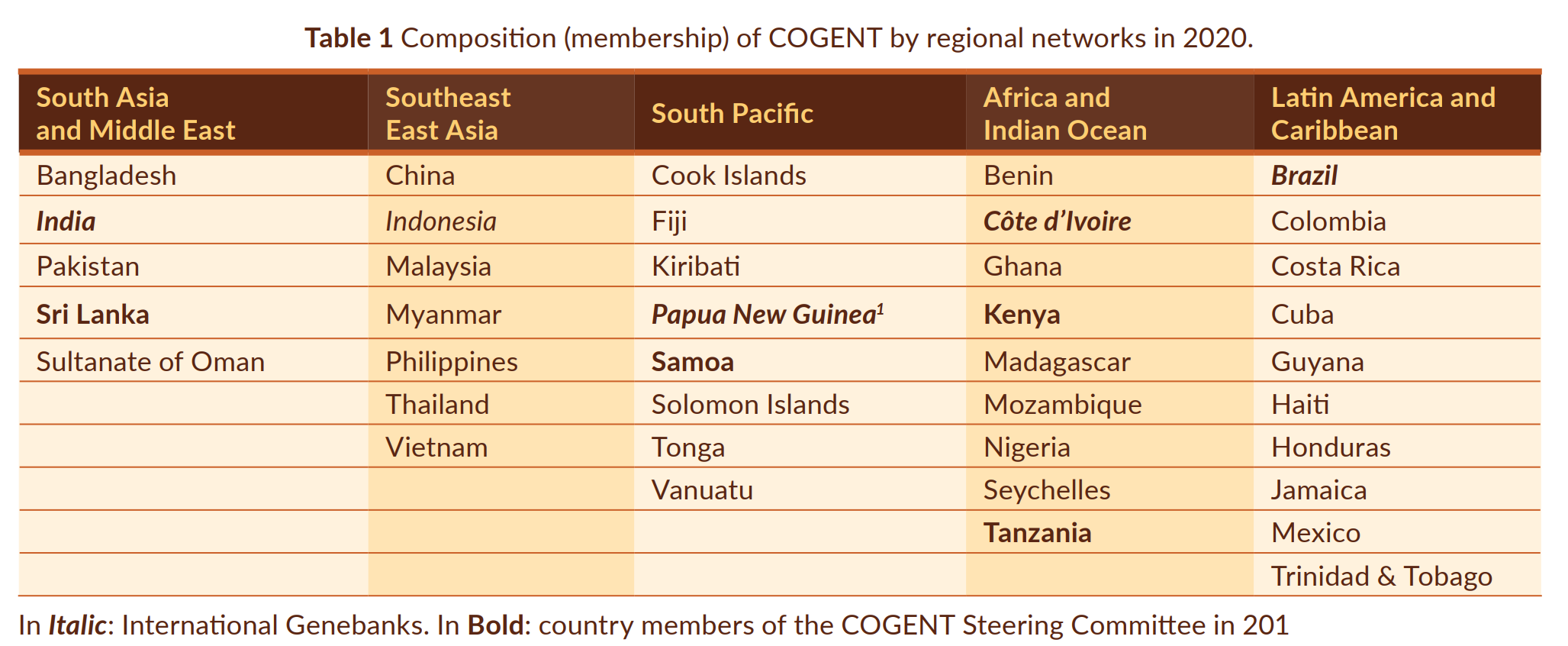
In Italic: International Genebanks.
Africa and Indian Ocean
Africa is the world's second-largest and second-most populous continent, after Asia in both cases. At about 30.3 million km² including adjacent islands, it covers 6% of Earth's total surface area and 20% of its land area. With 1.3 billion people as of 2018, it accounts for about 16% of the world's human population.
The Indian Ocean is the third-largest of the world's oceanic divisions, covering 70,560,000 km2 (27,240,000 sq mi) or 19.8% of the water on Earth's surface. It is bounded by Asia to the north, Africa to the west and Australia to the east.
Member Countries of this region :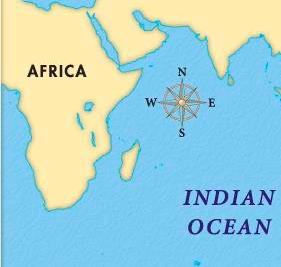
- Benin
- Cote d'Ivoire
- Ghana
- Mozambique
- Nigeria
- Seychelles
- Tanzania
Latin America and Carribbean
The term Latin America and the Caribbean (LAC) is an English-language acronym referring to the Caribbean and Latin America region. The term LAC covers an extensive region, extending from The Bahamas and Mexico to Argentina and Chile. The region consists over 670,230,000 people as of 2016, and spanned for 21,951,000 square kilometres (8,475,000 sq mi).
Member Countries of this region: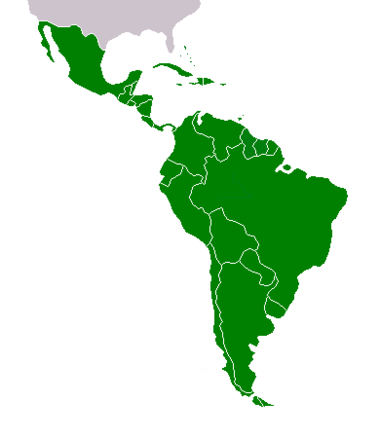
- Brazil
- Cuba
- Jamaica
- Mexico
- Trinidad & Tobago
South Asia and Middle East
Located between trading routes connecting Western and Eastern nations and in close proximity to Europe, Africa and India, the South Asia & Middle East region has for centuries been and continues to be a hub for global and regional trade.
Member countries of this region: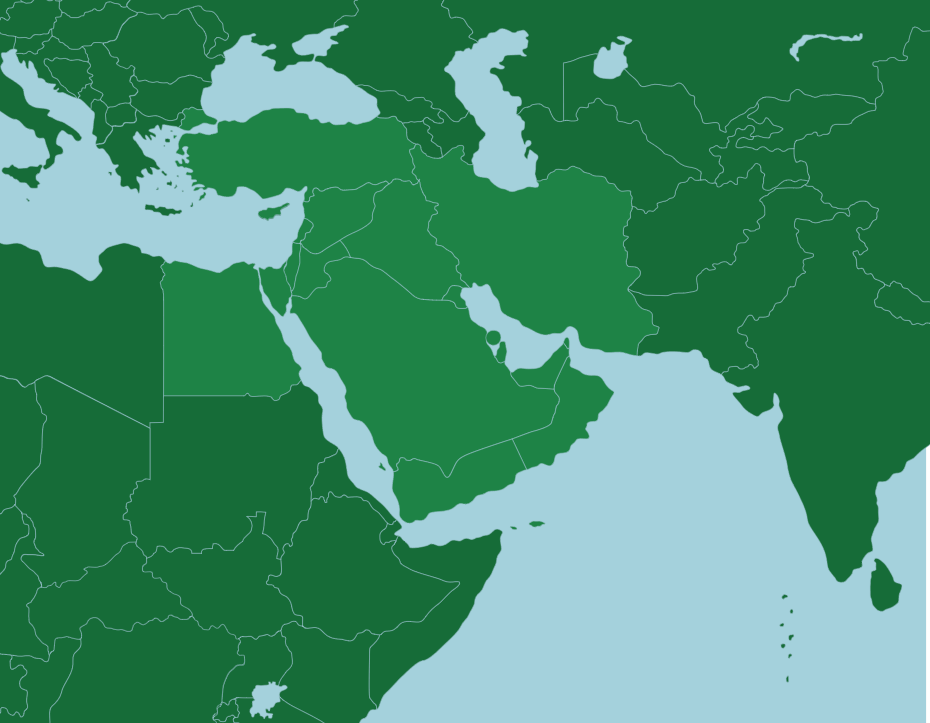
- Oman
- Bangladesh
- India
- Pakistan
- Sri Lanka
South Pacific
The South Pacific is big place - incredibly vast and blue, covering 11 million square miles stretching from the top of Australia to the Hawaiian Islands. Celebrated by artists and writers, from Paul Gauguin to James Michener, these thousands of tiny coral and volcanic-stone dots are home to fascinating peoples and cultures. Some islands - such as Tahiti and Fiji - are well known, while others not so much. You get a gold star if you've even heard of Aitutaki or Yap.
Member Countries of this region : 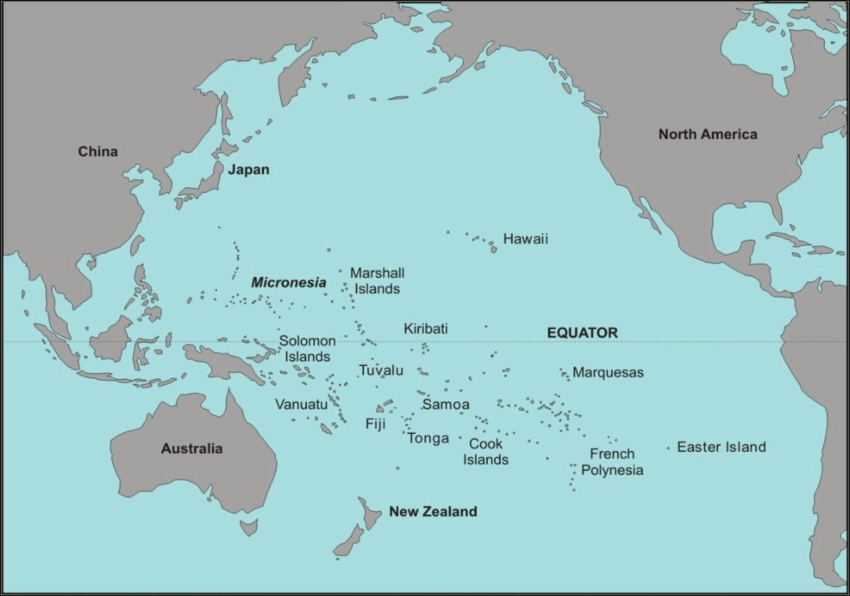
- Cook Islands
- Fiji
- Kiribati
- Papua New Guinea
- Samoa
- Solomon Islands
- Tonga
- Vanuatu
Southeast East Asia
Southeast Asia or Southeastern Asia is the southeastern region of Asia, consisting of the regions that are geographically south of China, east of the Indian subcontinent and north-west of Australia. Southeast Asia is bordered to the north by East Asia, to the west by South Asia and the Bay of Bengal, to the east by Oceania and the Pacific Ocean, and to the south by Australia and the Indian Ocean.
Member Countries of this region: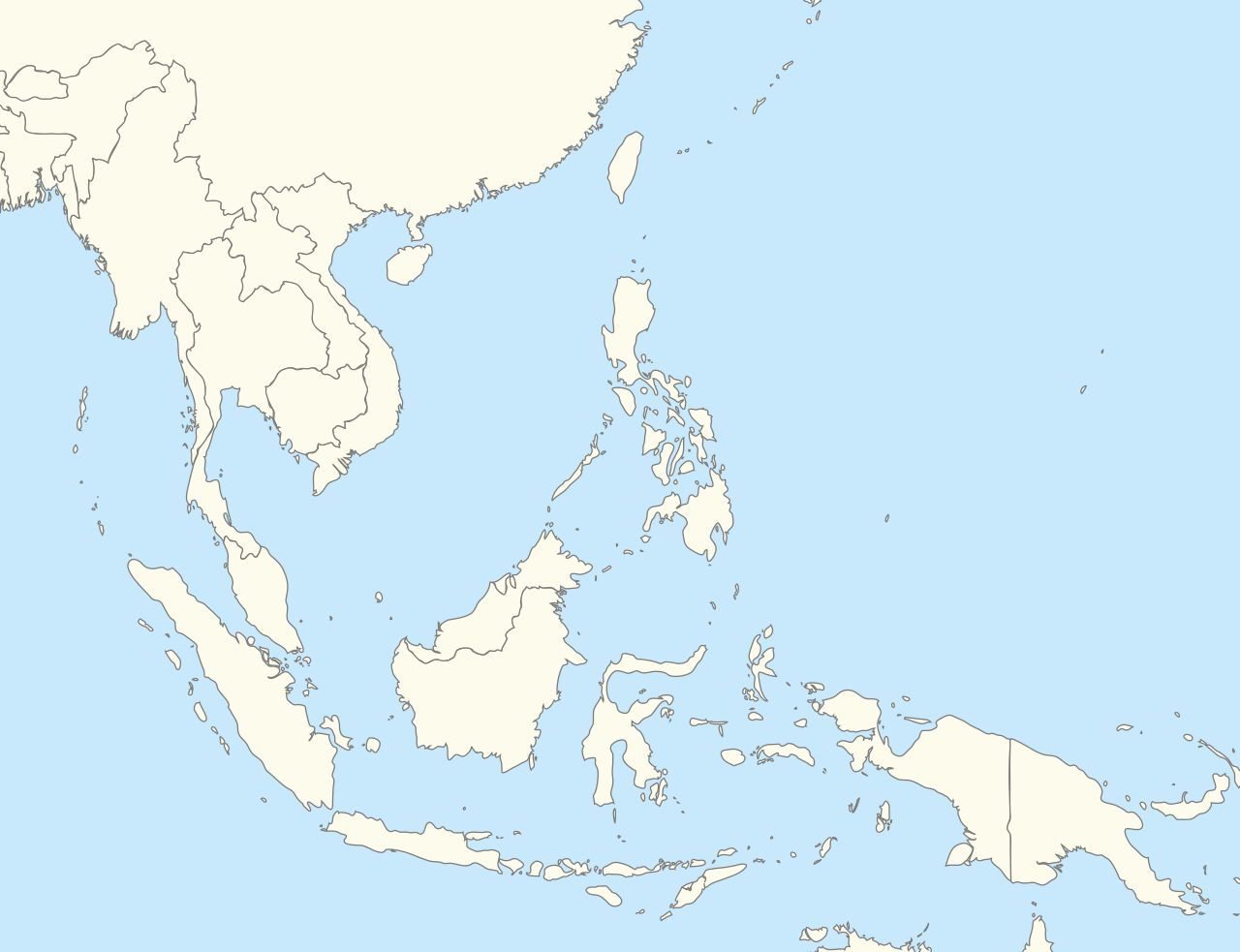
- China
- Indonesia
- Malaysia
- Philippines
- Thailand
- Vietnam
Country Representative
The International Coconut Genetic Resources Network (COGENT) is made up of 39 countries
[To be advised]
COGENT Steering Committee
Dr. K. B. Hebbar
Director, ICAR-Central Plantation Crops Research Institute (CPCRI), India – Chair
Mr. Roy T. Devesa
Deputy Administrator for Research and Development, Philippine Coconut Authority (PCA), Philippines – Co – Chair
Dr. A. Dissanayake
Head, Genetic and Plant Breeding Division, Coconut Research Institute (CRI), Sri Lanka – Voting Member
Mr. Heru Tri Widarto
Ministry of Agriculture, Indonesia - Voting Member
Dr. Edna Aguilar
Professor, University of the Philippines, Philippines – Non -Voting Member
Dr. Setiari Mawanto
Head, Plantation Crop Research Centre, National Research and Innovation Agency (BRIN), Indonesia - Voting Member
Ms. Wilaiwan Twishiri
Agriculture Research Officer, Horticulture Research Institute (HRI), Thailand- Voting Member
Ms. Laura Timmins
Australian Centre for International Agricultural Research (ACIAR) – Non - Voting Member
Dr. Danielle Manzella
Technical Officer, FAO/ITPGRFA - Non - Voting Member
Dr. Sarada Krishnan
Director (Programs), Crop Trust Non - Voting Member
Ms. Logotonu Meleisea Waqainabete
Program Leader, Genetic Resources Program, Land Resources Division, Pacific Community (SPC) - Non - Voting Member
Cogent Contact Details
Contacts Information will be updated here
